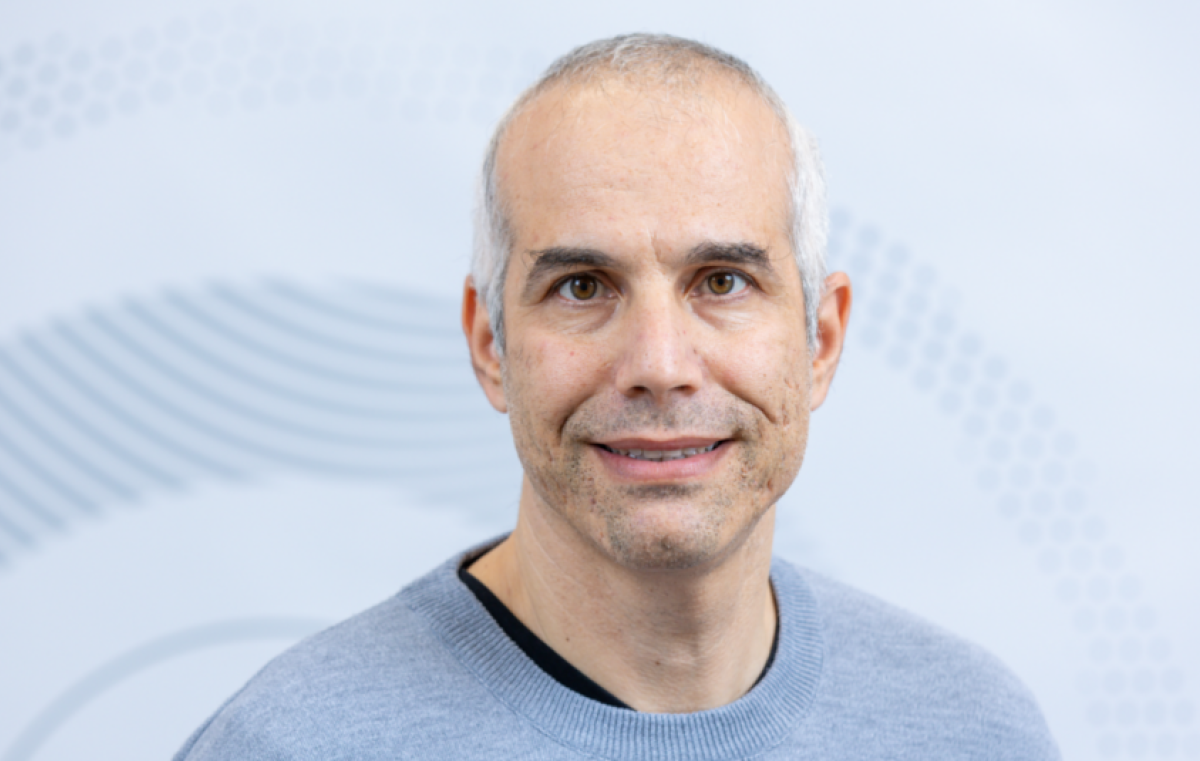New Grant for Lupus Research
Dr. Nissan Yissachar among prestigious international group awarded funding

The US-based Lupus Research Alliance has awarded its prestigious Global Team Science Award to an international team of scientists, including Dr. Nissan Yissachar, of the Goodman Faculty of Life Sciences at Bar-Ilan University, and leading scientists from Munster University (Germany), Harvard, Yale and Cornell Universities (USA) and the Weizmann Institute of Science (Israel).
This highly competitive, $3,000,000 research grant aims to investigate the role of the gut microbiome in the initiation and progression of lupus – a cureless autoimmune disease that particularly afflicts young women, who can suffer from this disease throughout their lives.
Research in Dr. Nissan Yissachar's lab focuses on the interactions between our immune system and the symbiotic microbes that live in our gut, known as the gut microbiota. These microbes control the development and function of our immune system, and alterations to these microbial communities are associated with a wide range of inflammatory, autoimmune, metabolic and malignant diseases. By investigating the molecular mechanisms that mediate immune-microbiota communications, Dr. Yissachar and his team aim to develop a microbiome-based therapy for human diseases such as inflammatory bowel diseases, autoimmune diseases (such as multiple sclerosis) and cancer.
The international team proposes to investigate whether specific strains of gut bacteria could translocate from the gut to internal organs such as the liver, and to promote autoimmunity. The study could lead to the development of an entirely new set of lupus diagnostics and treatments that focus on invading gut bacteria. This concept could also be applicable to other autoimmune diseases that afflict a large proportion of the general population.
The Lupus Research Alliance funds lupus research worldwide. The organization aims to transform treatment while advancing a cure by funding innovative lupus research; fostering diverse scientific talent; stimulating collaborations; and driving discovery toward better diagnostics, improved treatments and, ultimately, a cure.